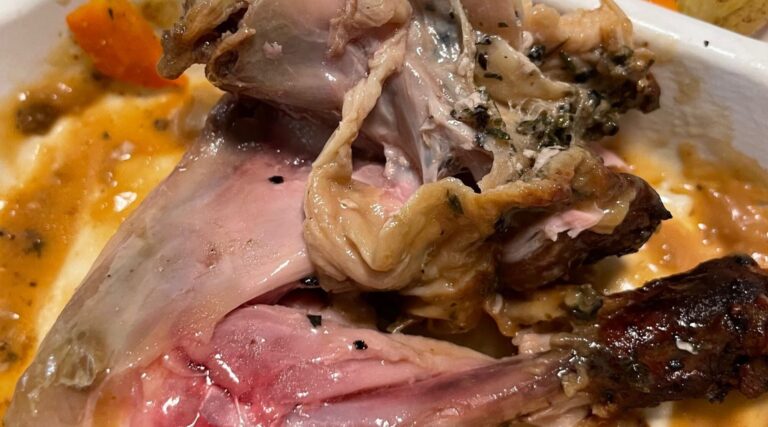A court in Australia has ruled that I Cook Foods was unfairly ordered to close and destroy products in relation to a Listeria incident in 2019.
However, the judgment by the Supreme Court of Victoria dismissed the company’s application for damages. Local media quoted I Cook Foods founder Ian Cook saying the verdict was “bittersweet.”
In early February 2019, an 86-year-old woman died while an inpatient at Knox Private Hospital. During her time in hospital, she was given meals, including sandwiches made at I Cook Food’s premises in Dandenong. A death certificate recorded Listeria meningoencephalitis as a significant condition contributing to the death.
Samples of ham, sliced silverside; egg and lettuce sandwiches; ham, cheese, and relish sandwiches; and sliced continental cucumber made at I Cook Food’s factory tested positive for Listeria monocytogenes. The pathogen was also detected in corned beef and mustard sandwiches. Molecular markers in some samples corresponded with blood samples from the patient. Knox Hospital purchased between 3,000 and 3,500 sandwiches from I Cook Foods per week.
The multilocus sequence typing (MLST) of the egg and lettuce, corned beef and mustard sandwiches, sliced continental cucumber, and sliced silverside matched the MLST genotype in the blood culture, but other samples did not.
Enumeration results revealed less than ten colony-forming units per gram (CFU/g) in the samples of ham, cheese, and relish sandwiches, ham, sliced silverside, and cucumber.
No opportunity to respond
In late February 2019, Dr. Brett Sutton, acting chief health officer, ordered I Cook Foods to cease production and destroy all food manufactured since Jan. 13, 2019. Within weeks, I Cook Food’s customers had terminated their contracts, and all 41 employees were dismissed. The company has not resumed trading since late February 2019. After the order, I Cook Foods destroyed 10 tons of products valued above AUS $700,000 (U.S. $463,500).
The CEO of the Dandenong Council did not make the order because of a perceived conflict of interest. He was a board member of a company competing with I Cook Foods. A clean-up order was issued by Elizabeth Garlick, an environmental health officer at Dandenong Council, stating that the site was in an “unclean and unsanitary condition and is in a state of disrepair.” The court heard Sutton was unaware of this order when he told I Cook Foods to stop production.
The company took steps to comply throughout February and March, and the orders were revoked at the end of March 2019. This included cleaning by staff involving a chlorine-based solution, cleaning by an external firm, and chlorine fogging.
The judge concluded that the order was invalid because the Department of Health and Human Services (DHHS) “failed to observe the requirements of procedural fairness” when Sutton made it.
“DHHS did not notify I Cook Foods of the critical issues underpinning the proposed section 19 order, in particular, that Dr. Sutton had satisfied himself that the food being prepared at I Cook Foods’s premises was unsafe. It did not alert I Cook Foods to possible adverse consequences, such as the immediate cessation of all production and destruction of all food manufactured since Jan. 13, 2019. DHHS breached the rules of natural justice by failing to provide I Cook Foods with an opportunity to respond to the order before issuing it.
“There was a realistic possibility that the decision-making process regarding the order could have resulted in a different outcome if I Cook Foods had been provided with an opportunity to be heard before making the order.”
In 2021, a parliamentary inquiry into the closure of I Cook Foods found that officials didn’t deliberately mislead investigators, but omitting some evidence led to “considerable confusion.”
Source: Food safety news




